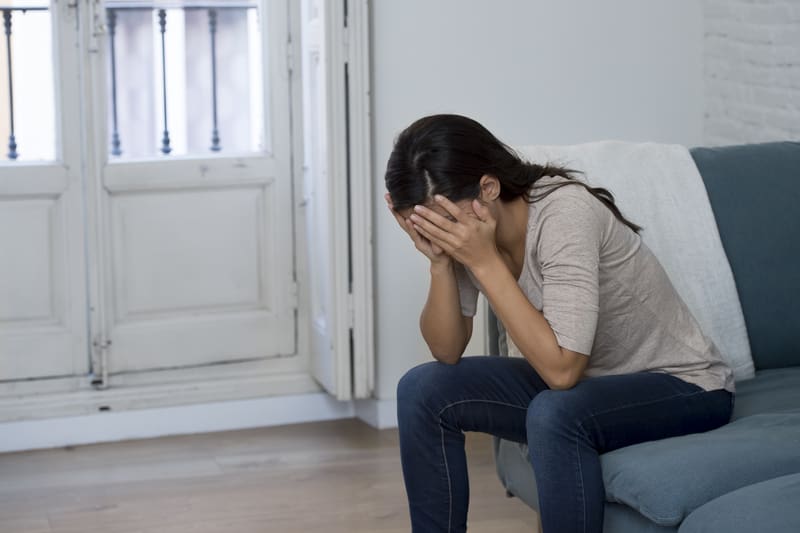
How Sun Exposure Improves Your Mental Health
There are many natural remedies you can use to help you maintain better mental health. One effective strategy for improving your mental health is making sure you get plenty of sun exposure. Getting between 15 and 20 minutes of sun exposure each day can lead to major improvements.
Improved Mood
Being out in the sunshine simply makes you feel good and there’s actually an explanation for that. Your body naturally produces a chemical called serotonin. This chemical is beneficial to the body in many ways, but it is most known for its mood stabilizing capabilities and is often referred to as the happiness hormone. Sunlight leads to an increase in production of serotonin. This means that being out in the sun literally makes you feel better. Spending time out in the sun (midday is best) can help you to improve your mood. This is especially important during the winter months when the sun is not out as much.
Better Sleep
Many people who struggle with mental health also struggle with sleep. Fortunately, sunlight is also a natural remedy for this struggle as well. Everyone has a natural circadian rhythm that dictates when they feel tired and go to sleep. Exposure to light is an integral part of controlling this rhythm. If you get more exposure to sunlight during the day, it trains your body to become tired when it’s dark and this can help you to fall asleep. Additionally, you should try to get exposure to sunlight as early in the day as possible. The earlier you are exposed to sunlight, the earlier in the evening you’ll be able to fall asleep.
Increased Vitamin D
Vitamin D is essential for your body absorbing calcium and creating new bone tissue. However, studies have also found a correlation between vitamin D deficiency and depression. Getting plenty of vitamin D on a regular basis can help you manage depression symptoms. While you can get vitamin D from supplements and fortified foods, sun exposure is one of the best options. When exposed to the sun, your body will begin to naturally produce vitamin D. Spending time in the sun can help you maintain healthy levels of this vitamin.
Sunshine simply makes people feel good. It benefits your mental and physical health in so many ways. If you struggle with depression, try making it a priority to spend more time outside in the sun and see how it affects your health.
Click here to learn more about depression and non-medication treatment options.













